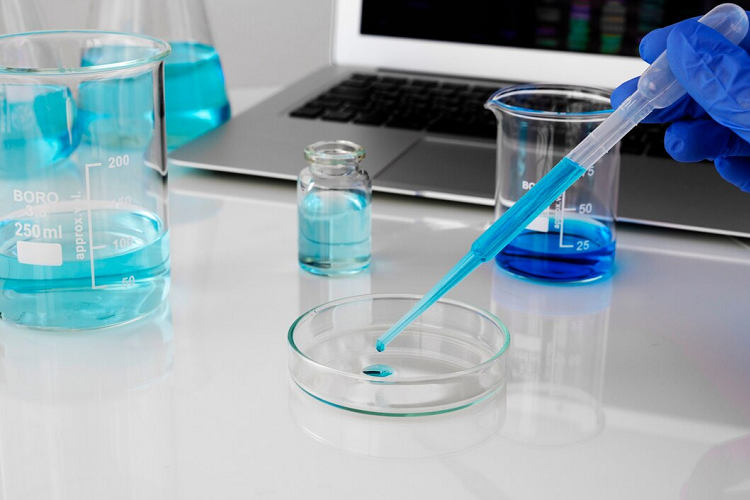CBD (Cannabidiol) is suddenly everywhere. If you’ve seen advertising for CBD in your bath bombs or wonder why you might want pet treats with CBD, read on to learn more about this ingredient and its uses.
What Is CBD?
Many people’s first question is whether CBD is legal. While CBD is a Cannabidiol, one of the hundreds of chemical compounds derived from cannabis, this compound from the flowers and leaves of a mature cannabis plant is not the compound that causes a high. So unlike THC, the psychoactive chemical in cannabis, CBD is legal throughout the United States. In fact, most CBD is harvested from hemp plants, the cousin of marijuana plants that contain almost no THC. However, no matter which type of plant from which it is harvested, CBD as a chemical compound is always the same.
The popularity of CBD is due to ongoing research showing that CBD has a calming effect and can relieve chronic pain and inflammation. For this reason, it is available in a wide variety of topical products like lotions and oils that can be applied directly to the skin. It’s also available to take internally in tinctures and supplements, including dog treats like those sold at https://cbdfx.com/collections/cbd-for-pets/.
How Does It Work?
While CBD was first discovered in the 1940s, the way that CBD and the other cannabinoids affected the system wasn’t even begun to be understood until the 1990s when scientists discovered the endocannabinoid system, ECS, which is a cell-signaling system not only in humans but in most animals, whether vertebrate or invertebrate, which is part of a body’s sleep, mood and pain system, among many others. Your body creates endogenous cannabinoids to work with this system although scientists are still learning what they all are and what levels are appropriate. The ECS receptors are what react to plant cannabinoids.
What Is It Used for?
CBD (Cannabidiol) can be used to treat a variety of conditions in humans and their pets. Primarily CBD is marketed as natural anxiety relief. Anxiety is the most widespread mental health disorder and current treatments can be addictive with limited efficacy and high interaction rates with other medications. The fact that studies have shown CBD to have anti-anxiety and anti-compulsive effects while having minimal side effects and no risk of addiction means it shows great promise for those who want to treat their anxiety naturally.
Another use for CBD is to treat insomnia. In various studies the initial results of using CBD indicate that people may fall asleep more easily and stay asleep longer. Results suggest that it may not be the answer for everyone, but at least in the short-term most people will get relief from their insomnia with CBD. Like prescription anxiety medications, those prescribed for insomnia can have unpleasant side effects and a risk of addiction, so for those who want to avoid those hazards, CBD is worth trying.
Finally, CBD has been shown to be effective in treating chronic pain both through suppressing pain signals in the nociceptive systems as well as alleviating inflammation. The studies in human subjects are still in the early stages but Canada has already approved a THC/CBD combo drug to treat pain in MS. While you may not want to use CBD as your only pain remedy, anecdotal evidence suggests that it can provide extensive relief.
How Do You Know What to Buy?
The potential uses for CBD in humans and animals mean that there is a huge market out there right now. The first step in deciding to use CBD for yourself or your animal friends is seeing the doctor or veterinarian. Even though CBD is a supplement it can have an effect on your liver and can interact with other medications in much the way that grapefruit juice does, so it’s important to go over your current medication list before you add something new, just like with any other supplement.
Look for companies that are very clear on the level of CBD in their products so you can determine the best dose and stick with it. Work with companies that are transparent about their sourcing and methods as well as the other ingredients in their products and avoid businesses that tout CBD as a cure-all. While it definitely isn’t that, it’s clear that we’re just seeing the tip of the potential uses for CBD.






